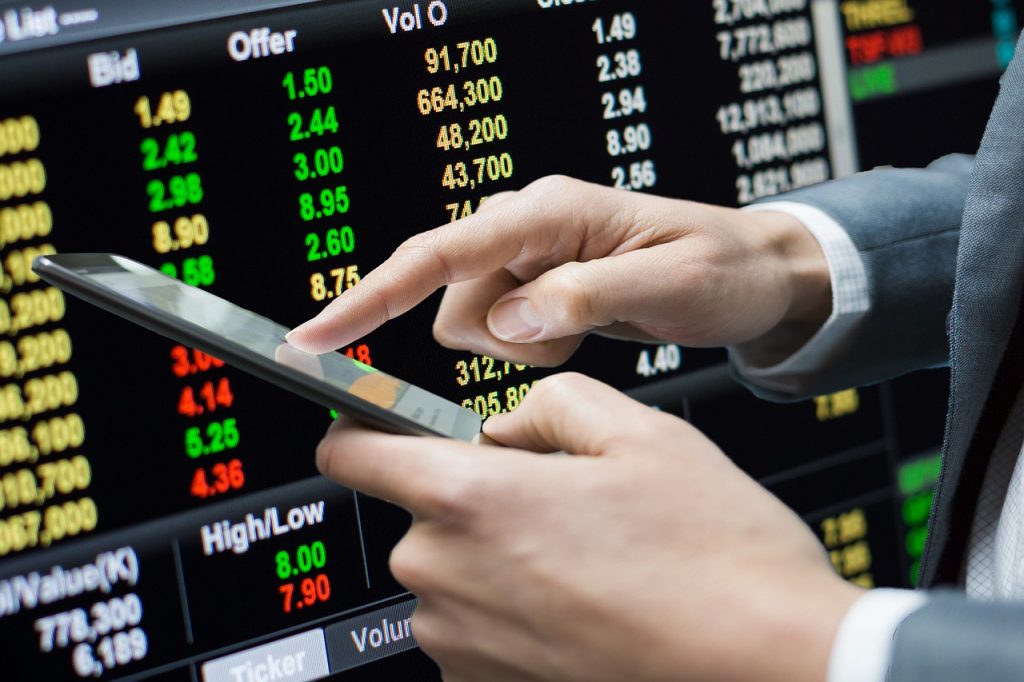
Getting into forex trading can be exciting. It’s a fairly unique form of trading, and a high-energy market by nature, which makes it fairly easy to get caught up in. That said, as with any other sort of financial management or investment, forex needs to be approached strategically. To help you with your own strategy, if you’re a true beginner, here are five things you absolutely need to know before you get started.
1. Forex pairs act differently
In the past, we’ve gone over some specific strategies for forex traders in a piece entitled ‘Your Key to Forex Profits’. These strategies were geared more toward people who have some experience with forex, but one point is worth repeating for beginners: each currency pair has unique dynamics.
As you may know, every trade in the forex market involves a ‘pair’ of currencies (such as NZD/USD). But different pairs have distinct histories and tendencies that are important to study up on and understand before you get too busy in the market. In a sense, you can think of this like researching a stock before investing in it. It always helps to know the history and be able to recognise patterns.
2. There’s no weekend trading
It’s a small point but a significant one. When you first start to explore forex trading, you’re almost certain to come across descriptions of the market as being open at all hours of the week. This is true, but it refers to the work week. This still means that forex is open for longer hours than most trading markets — something commonly pointed to as a positive of forex trading — but it’s important to know from the beginning that you can’t alter positions during weekend hours.
3. Values move in pips
There are actually several terms you’ll need to get to know if you’re getting into forex trading, but pip is probably the most important one. That’s because it’s the unit that describes changes in currencies’ relative values, since such changes would be difficult to express in terms of one currency or the other.
In delving into the meaning of pips in a more in-depth manner, FXCM clarifies that one pip is usually equal to a change in the fourth decimal place of a currency value: 0.0001. However, there are also some instances in which it represents the second decimal place (0.01), depending on how the currency pair is expressed. The NZD/USD pair, for instance, might be written as having a value of 0.6554, meaning 1 NZD is worth 0.6554 USD. Using this same example, a gain of 2 pips for the NZD/USD pair would mean that its new value would be 0.6556. Ultimately, because this is how value is defined, it’s a very important term to understand.
4. This is trading — not investment
Quite often, the terms ‘trading’ and ‘investing’ are used interchangeably, and to a point, in casual conversation, this is reasonable enough. However, there is a difference, and it’s worth understanding if you’re getting into forex. The 3 Commas Blog did a nice job of breaking down the distinction, and pointed out that investment focuses on long-term benefits, with the approach generally being to ‘buy and hold’ over time. Trading, on the other hand, implies a more active approach, with regular transactions made in pursuit of numerous short-term gains.
Strictly speaking, there’s no reason one couldn’t ‘invest’ in a currency pair, and hold onto it for the long term. Undoubtedly, plenty of people do just that. More commonly though, the world of forex is one for more regular traders — particularly given the tendency of currency values to fluctuate regularly, but within relatively small windows of value.
5. Pairs are broken down into categories
Once you’re up and running with a forex broker, you can more or less trade whatever currency pair you like, and there are plenty of them available. That said, you may notice some more prominently than others, and this is because of trading volume. Unofficially, forex pairs are broken down into categories that essentially define how popular each one is.
At the top of the categories are the ‘Major’ pairs, which are essentially the U.S. dollar and its most powerful counterparts. If you pay attention to global financial news, you might buy into the idea that the USD is declining in influence, and it’s possible that this will be true over the long term. The notion tends to be overstated, however, and CNBC recently reasserted the dollar’s strength even in the face of the difficult economic circumstances of 2020. So for now, the USD is king, and it’s involved in all seven ‘Major’ pairs (including NZD/USD). There are also 6 ‘Minor’ pairs, which largely concern the relationships between the non-USD currencies in the Majors. And then there are a number of ‘Exotic’ pairs, which comprise the next most popular tier.
More research is required before you actually start making forex trades of your own. Hopefully though, this list has helped you with some of the fundamentals you need to understand before entering the market.
Regards,
John Ling
Contributor, Wealth Morning
https://www.wealthmorning.com/2020/07/18/632504/5-things-you-have-to-know-before-you-start-trading-forex/
2020-07-17 18:09:57Z
CBMiaWh0dHBzOi8vd3d3LndlYWx0aG1vcm5pbmcuY29tLzIwMjAvMDcvMTgvNjMyNTA0LzUtdGhpbmdzLXlvdS1oYXZlLXRvLWtub3ctYmVmb3JlLXlvdS1zdGFydC10cmFkaW5nLWZvcmV4L9IBAA
Bagikan Berita Ini














0 Response to "Trading Forex: 5 Things You Have To Know Before You Start - Wealth Morning"
Post a Comment